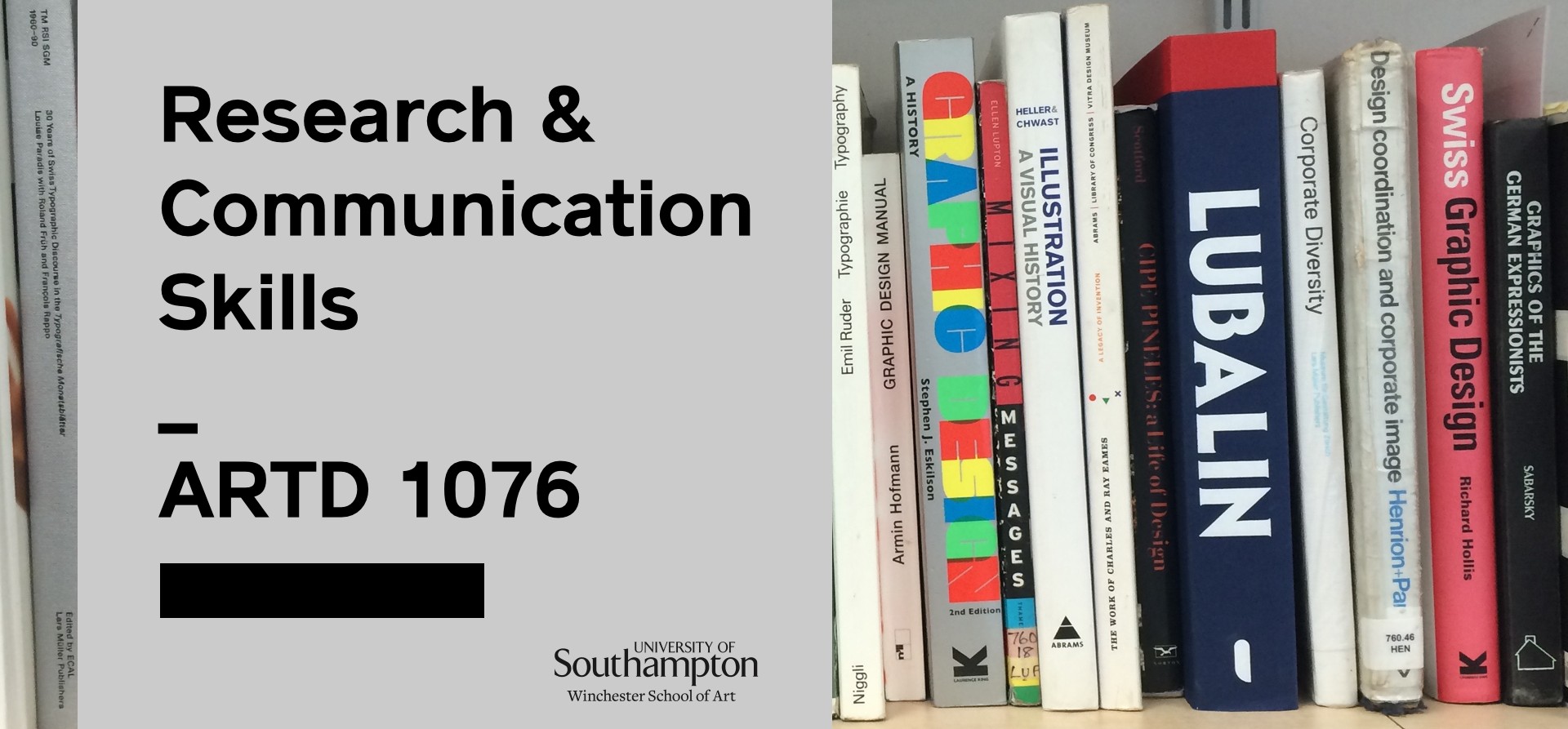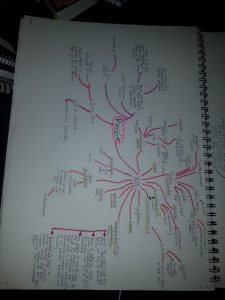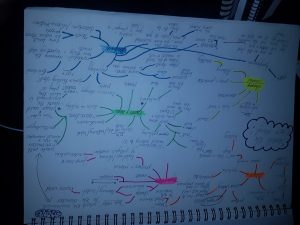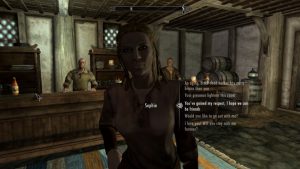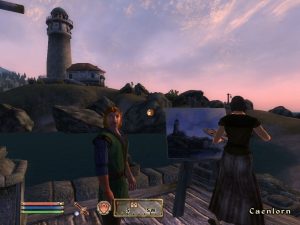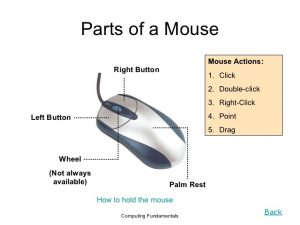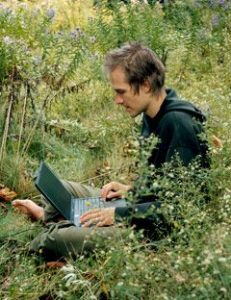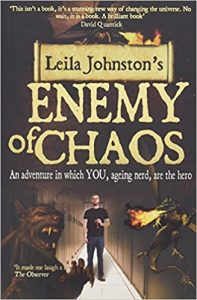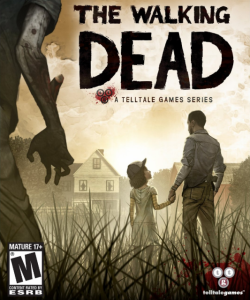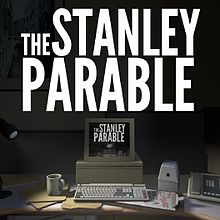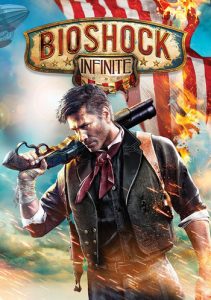I have found this module very long, rich in content and interesting. Having theoretical lectures and weekly essay writings is a great way to anchor my mind and realise that this course is not all about creating – there is a whole other world behind the making. I have found that each question has taken me hours to write as the research that goes into it, I feel, has to be quite thorough, despite only having to write 500 words. As much as it sometimes irritates me to sit there and go through tons of information then have to pick what is necessary and condense it to 500 words, I have found it extremely interesting. The hours have been worth it, especially in questions 4 (History of Indie), 6 (Artificial Intelligence) and 8 (Ownership).
Although I should already be doing this, researching into indie designers/developers has been motivating and slightly overwhelming in terms of he struggles they face and the amount of work they do. As mentioned in the blog entry, designers such as Jason Roher and his handful f varied games has inspired my thinking greatly. I found it fascinating how he has stripped down the elements which form a game and expanded upon those individual elements, exploring each one in great detail whether it be a game surrounding pure narrative or one which focuses on playing with someone, for example. He has not made a game for the sake of it or for it to become big, but to explain elements of his life in a unique way whilst evoking emotion and thought within the player – that is something not every game does (Wellesley.edu, 2016). It has shown me how to take a different, slightly-abstract approach to this course. I have translated aspects of his approach to games and have started doing research mind maps for the Games Design Practice module.
As seen in the images, I have taken keywords and explored each one of them further, leading me to finding something unexpectedly useful to which I then, like before, create a research mind map for etc. This process has caused me to continually learn and see new things or see old things in new ways. This, i know already, will benefit me massively during this course.
This excitement for constant discovery is what makes questions 6 and 8 interesting for me too. AI is something which is necessary within the right sort of game genre (and seeing as one of my favourites is open-world RPGs, I found it especially intriguing). It has made me consider theme and story lines more and questioning the ways in which I could make things interact with one another and not necessarily in the obvious player-NPC way. As AI is more computer science, I think I will sort out resources (for dummies) to better my understanding in that field. Things like that are completely foreign to me and, along with question 5 on HCI (which I hated), it has highlighted this issue so I will go about finding ways to understand it better. Question 8 was fun as it was not about games, which sounds weird, but it felt like I was actually learning something “adult” – it is an immature way to put it but understanding the legal and business side of the Games industry is incredibly useful. I do hope to have more lectures like that in the future.
The difficulties of this module are mainly found in my own faults. Missing lectures for one is a massive no-no as it is such tedious work having to sit and listen to a two hour lecture in my own time when I could have turned up and got it all out of the way there and then. As well as this, you do not realise the extent of how easier it is completing the questions weekly instead of doing them all a few days before hand-in. This is definitely the biggest, personal challenge that this module has made apparent for me and definitely something I will be working on.
Reference
Wellesley.edu. (2016). The Game Worlds of Jason Rohrer | Wellesley College. [online] Available at: https://www.wellesley.edu/davismuseum/whats-on/past/node/79126 [Accessed 7 Dec. 2017].
